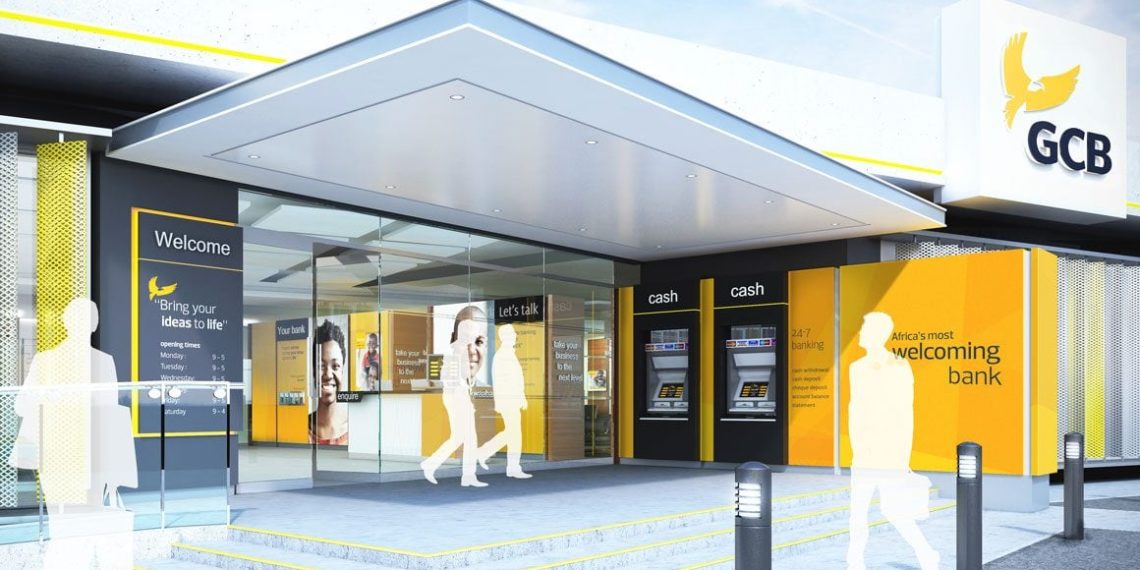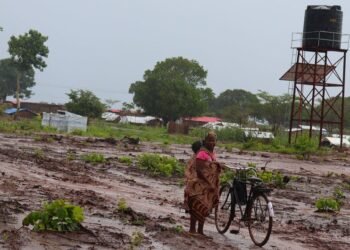International ratings agency, Moody’s, has downgraded GCB Bank PLC’s global long-term local currency deposit ratings to Caa3 from Caa2 at a time that the economy is facing liquidity challenges as the government called for debt restructuring.
Moody’s investors also downgraded the bank’s long-term foreign currency deposit ratings to Ca from Caa2, its long-term Counterparty Risk Ratings (CRRs) to Caa3 from Caa2, its long- term Counterparty Risk Assessment (CR Assessment) to Caa3(cr) from Caa2(cr), as well as its Baseline Credit Assessment (BCA) and Adjusted BCA to ca from caa2.
The downgrade came after Ghana’s long-term issuer ratings were downgraded to Ca from Caa2, with a stable outlook on November 29, 2022. In a release on the ratings agency, this was due to the country’s move to restructure its debts after it has reached unsustainable levels.
“The outlook on the Caa3 long-term local currency deposit rating has been changed to negative from ratings under review. The outlook on the Ca long-term foreign currency deposit rating has been changed to stable from ratings under review.”
Moody’s
Moody’s also noted that the downgrade came about as Ghana’s debt restructuring move is likely to affect the bank’s financial position negatively.
“The rating action captures the deteriorating macroeconomic environment and the increasingly uncertain operating environment for banks in Ghana, as reflected by the downgrade of the sovereign ratings and the lowering of the Macro Profile score to Very Weak- from Very Weak+.”
Moody’s
Meanwhile, the downgrade of GCB Bank’s BCA to ca, on par with the Government of Ghana’s own ratings (Ca Stable), reflects Moody’s expectation that the sovereign debt restructuring planned by the government will negatively affect GCB Bank’s solvency profile.
GCB Bank has sizable holdings of sovereign debt securities, at around 3.6 times its shareholders’ equity and 53 percent of total assets as of year-end 2021.
However, Moody’s is of the belief that a restructuring of sovereign debt securities would also weaken the banking system’s liquidity, especially if maturities are extended, because it would mean that banks will need to hold on to their government exposure for an extended period, limiting their ability to lend to the real economy.
It can be recalled that just few weeks ago, Moody’s downgraded GCB Bank PLC’s (GCB Bank) global long-term deposit ratings to Caa2 from Caa1, its long-term Counterparty Risk Ratings (CRRs) to Caa2 from B3, its long-term Counterparty Risk Assessment (CR Assessment) to Caa2(cr) from B3(cr), and its Baseline Credit Assessment (BCA) and Adjusted BCA to caa2 from caa1.
READ ALSO: Ghanaians Want Good Roads And Hospitals But They’re Getting Cathedral – Lydia Forson



















